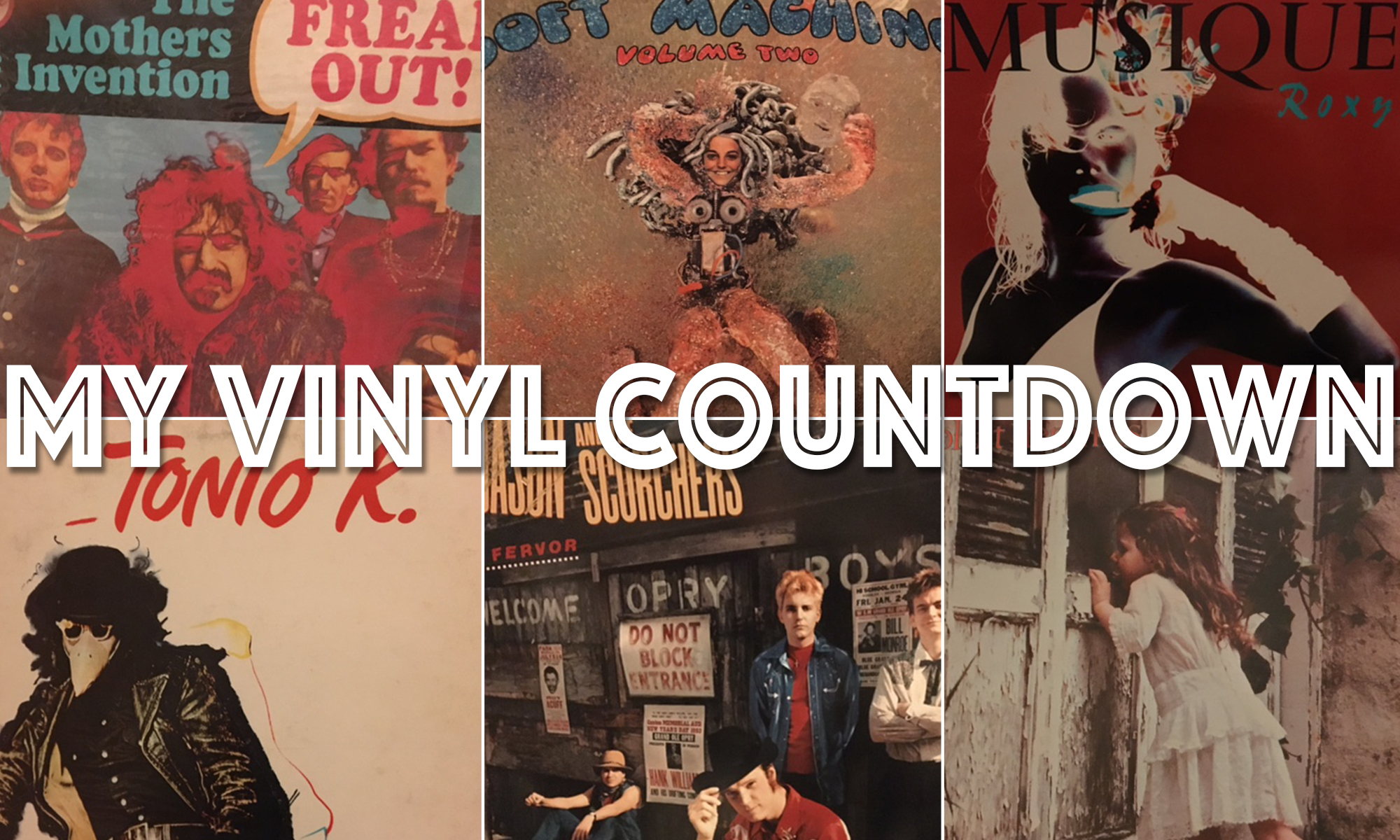
ALBUMS: Volume 1 Blind Joe Death; Guitar Vol. 4;
MVC Rating: Blind 4.5/$$$$; Guitar 4.0/ $$$$
John Fahey’s music is hard to categorize. And he may have been the most influential guitarist you’ve never heard of.
Not a shredder, but a plucker.
He said he considered himself a classical guitarist. But the category he was usually placed under was ‘primitive guitar, blues, folk.’ It was mostly like nothing you’ve ever heard. Light finger-picking guitar delivered pieces that lulled you into the deeper recesses of the song. Hypnotized without consent.
You listen and think, I could do that. Then he does something so quick and unexpected that you have to stop and reshape or get lost in it.

To continue my metaphorical ways, the music was like a lazy river, no whitewater. Rolling, rolling through small eddys. Lay a soft whispery vocal on some of these songs and it would sound like Nick Drake.
There are versions of Blind Joe Death that are rare and expensive. When I found Blind Joe Death in used record store in Leesburg, FL, I thought I had hit the jackpot. I had just read an article about Fahey and how he released only 100 copies of Blind Joe Death. But alas, it was not the valuable one. Although this version is being shopped around out there in the $30-40 range.
From a well-sourced Wikipedia page we learn that he bought his first guitar for $17 from Sears, Roebuck. (Hey didn’t Tom Petty buy his from Sears as well?) And Duke Ellington and Louis Armstrong have a record together on the Sears label.
 Sears slogan: Where your past is about all we have left.
Sears slogan: Where your past is about all we have left.
From WIki:
Fahey discovered his love of early blues upon hearing Blind Willie Johnson‘s “Praise God I’m Satisfied” on a record-collecting trip to Baltimore with his friend and mentor, the musicologist Richard K. Spottswood. Much later, Fahey compared the experience to a religious conversion and remained a devout blues disciple until his death. {FROM MIKE: I like that he took record-collecting trips.}
As his guitar playing and composing progressed, Fahey developed a style that blended the picking patterns he discovered on old blues 78s with the dissonance of contemporary classical composers he loved, such as Charles Ives and Béla Bartók.
Rolling Stone put Fahey at 35th in their Top 100 Guitarists of all time.
Some traditional songs on the two albums I have include ‘Will the Circle Be Unbroken,’ Oh Come, Oh Come Emanuel,’ “Uncloudy Day,’ and ‘St. Louis Blues.’
